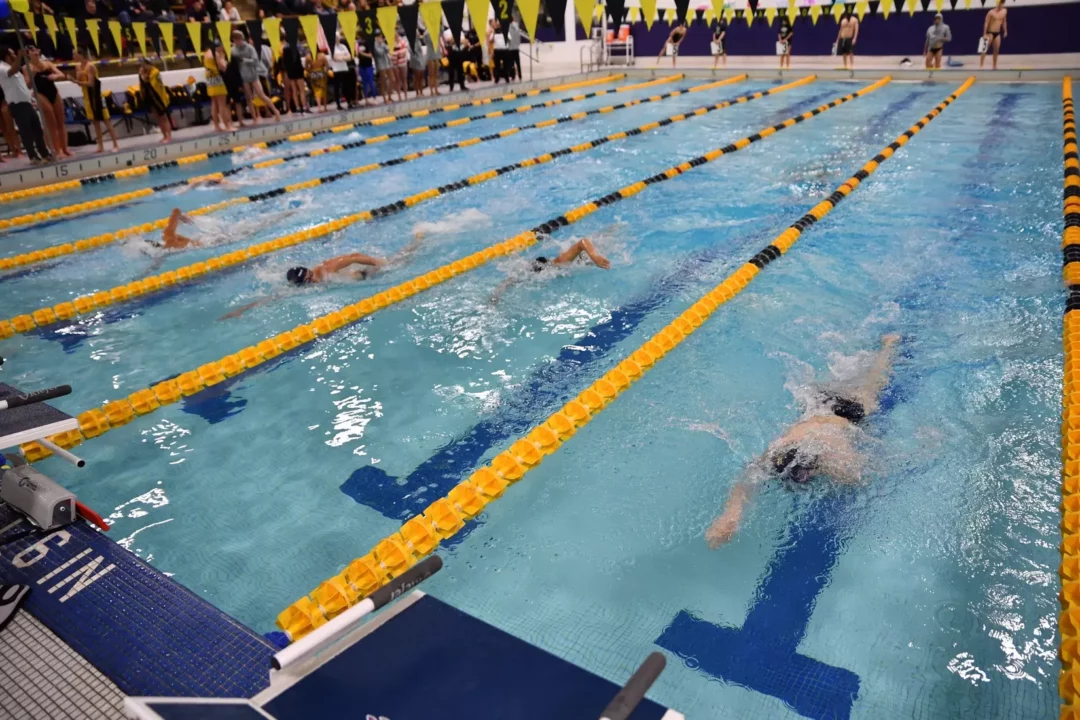Brantmeier v. NCAA, a case that deals with student-athletes being able to keep prize money earned from competition, has been scaled back from all individual sports to just tennis.
The named plaintiff in the class action suit, Reese Brantmeier, is a tennis player for the University of North Carolina. She earned tens of thousands of dollars in prize money in several tournaments before arriving on campus.
The NCAA only allows athletes to keep up to $10,000 of prize money for necessary expenses. The NCAA deemed that some of Brantmeier’s expenses, such as her mother’s lodging during the U.S. Open, not necessary and thus deemed her ineligible to play during her freshman year.
Lawyers originally filed the suit in March of this year as a class-action lawsuit for all athletes. In October, presiding district court judge Catherine Eagles denied the plaintiff’s preliminary injunction to halt the NCAA from regulating prize money. Following this loss, the complaint was amended and so that the plaintiff class only included tennis players.
https://x.com/samcehrlich/status/1855069744665333996
NCAA swimmers that represent the United States (as well as most other countries) are often able to accept prize money from major meets in spite of the rules. This is due to a loophole in which World Aquatics pays the prize money to the national swim organization who then funnels it down to the athletes under the umbrella of “Operation Gold” payments as opposed to being paid directly. Other countries have similar programs, and there is an exception in NCAA rules for these payments from Olympic Committees.
